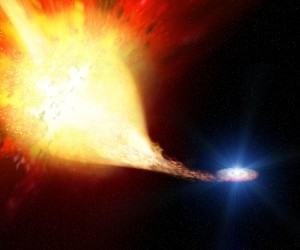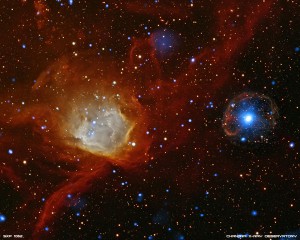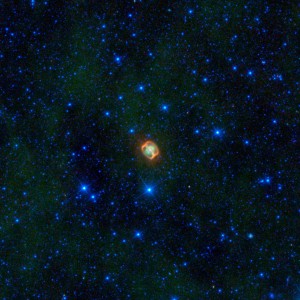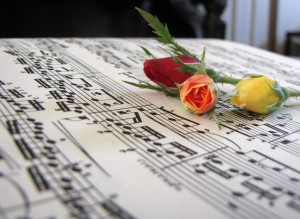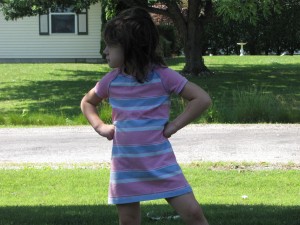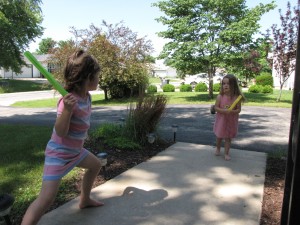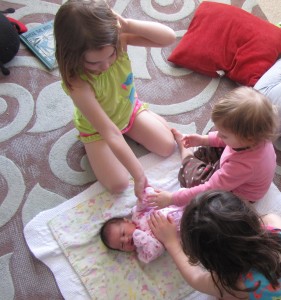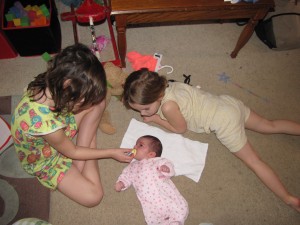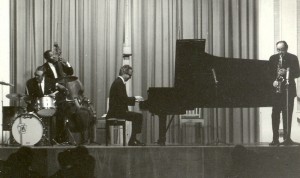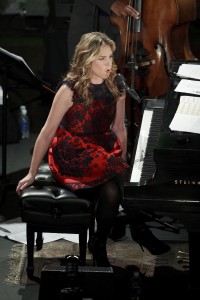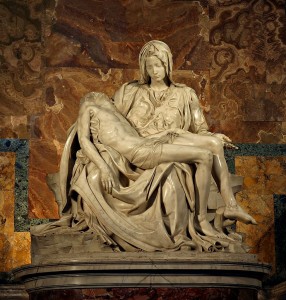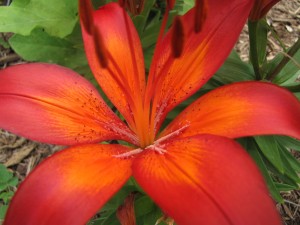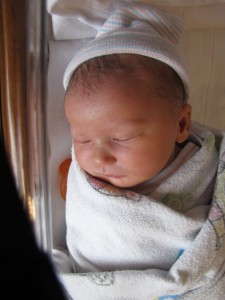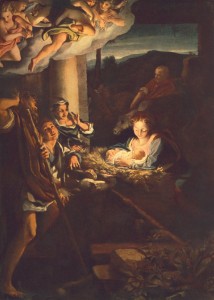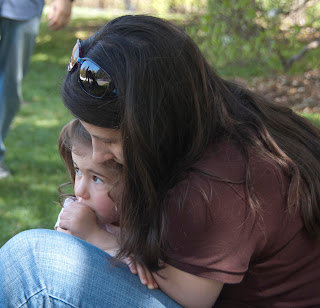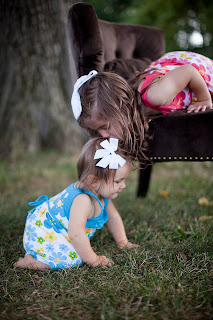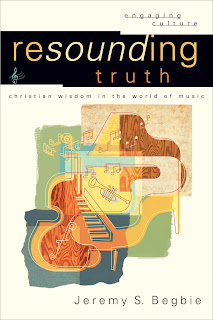(I’m trying something new this week. If you would like to hear me read my blog post aloud, just click the play button. Let me know in the comments if you’d like me to do more of this!) (If you’re reading this in an email, you may have to click here to hear the post on my site.)
God is a creator.
It is the first thing we learn about Him. In the beginning, God created.
Perhaps it is because I am an artist myself, but I like to think that this is important. That God-as-creator being the first thing He tells us about Himself is a clue to His character, to what He deems is significant.
Creator God placed art in a position of great importance because it reminds us of the glory that once was and the glory that will be again.
I don’t know much about the visual arts or about theater or dance. Music, however, is an art that I know quite intimately, and I love the insights it gives us into the nature and character of God.
For example, music helps us to understand time. It shows us that the present is what is most important. Music only truly exists in the present. Music in the future is just a possibility, just a plan. Music in the past is done, it cannot be heard again. Music in the present? Beauty. Only as it passes that razor edge moment of the present time can it be heard and appreciated.
Music also shows us that taking time to accomplish something can be good. More than good, it can be amazing. We often chafe against the delay between creation and restoration. We want God to come now, for Him to make everything perfect immediately. Yet when we listen to a Beethoven symphony, we are drawn into more than an hour of experiencing the music unfold and are astounded at the way it all fits together to create the final chords. No one would be impatient for that hour to pass just to reach the end. We savor that hour of music and that hour of music makes the ending all the more stunning.
As we experience the music’s dark shadows and turns, we allow ourselves to be led far more profoundly into the story’s sense and power. Music is remarkably instructive here, because more than any other art form, it teaches us how not to rush over tension, how to find joy and fulfillment through a temporal movement that includes struggles, clashes and fractures. ~ Jeremy Begbie in Resounding Truth
One more?
Music give us insight into understanding the trinity. Three-in-one is beyond the grasp of comprehension, yet God gave us music to help. If I play one note on the piano, it fills up all available aural space. There are no gaps. If I play a three-note chord on the piano, all three notes still fill up all the same available aural space, yet all three notes also sound their distinctive pitch. More than that, it is not a particular chord unless all three notes are played together.
The notes interpenetrate, occupy the same heard space, but I can hear them as (three) notes…What could be more apt than to speak of the Trinity as a three-note chord, a resonance of life; Father, Son, and Spirit mutually indwelling, without mutual exclusion, and yet without merger, each occupying the same space, ‘sounding through’ one another, yet irreducibly distinct, reciprocally enhancing, and establishing one another as one another? ~ Jeremy Begbie in Resounding Truth
There are many other ways that God uses music to teach us about Himself, to give us wisdom to understand Him more. What are some that you have thought of?
It leaves me awestruck with gratitude. I am grateful beyond measure that He gives us something so beautiful as a way of revealing Himself.
You artists who practice other genres of art, what theology do you find in your particular art form? What about those of you who are non-practicing art lovers? Do you see God in any particular form of art?
Art credit: Thanks to NASA for sharing such magnificent photographs of the mysteries of space.

